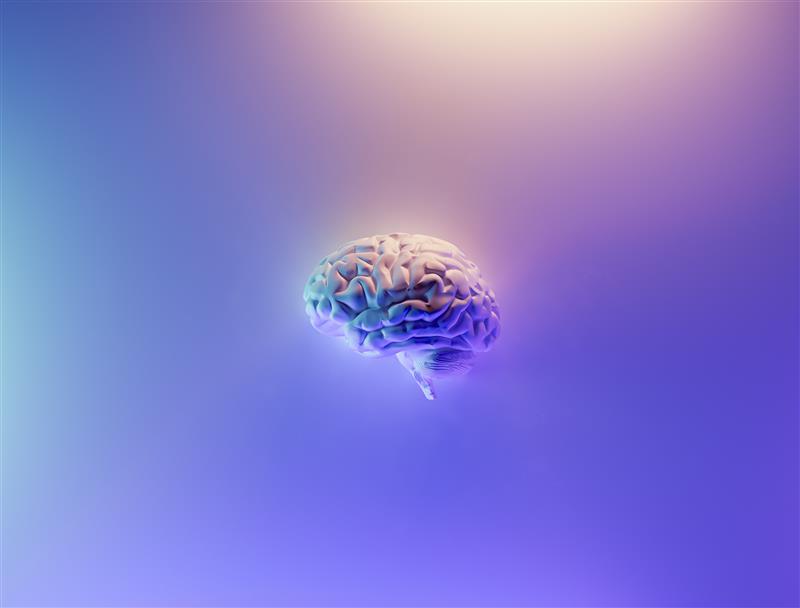We’ve all heard the saying, “You are what you eat,” and there’s more truth to this statement than you might think. The food we consume has a profound impact on our physical health, but it also plays a crucial role in shaping our mental well-being. In this blog post, we’ll explore the intricate relationship between the food we eat and our mood and overall mental health. From the comfort of our favorite dishes, to the potential pitfalls of poor eating habits, the journey to a happier mind starts on your plate. The connection between food and mood is powerful – use it to your advantage!
The Gut-Brain Connection
The gut and the brain may seem like separate functioning systems, but they’re actually connected through a vast network of neurons, chemicals, and hormones. Click here to learn more about how what we eat affects our brain. This connection plays a significant role in regulating our emotions and overall mental health. What we eat can influence the balance of good and bad bacteria in our gut, impacting our mood and cognitive function.
Nutrient filled foods for a mental well-being

Certain nutrients have been identified as essential for promoting mental health. Omega-3 fatty acids are a great example. They are commonly found in fatty fish, flaxseeds, and walnuts, and are associated with a reduced risk of depression and anxiety.
Antioxidant-rich foods such as berries, leafy greens, and dark chocolate can protect the brain from damage and support cognitive function. Eating these foods can help increase the chances of
The impact of Sugar and Processed foods

Wholesome foods nourish both the body and mind. While tasty, excessive consumption of sugar and processed foods can have detrimental effects on mental health. Research suggests a strong link between high sugar intake and an increased risk of depression and anxiety disorders. Processed foods, not only lack essential nutrients but also disrupt the balance of gut bacteria. This can potentially lead to mood disturbances and cognitive impairment. Remember – food and mood are connected!
Tips to Improve Mood and Mental Health Through Diet:
- Prioritize Whole Foods: Choose unprocessed, natural foods like fruits, vegetables, whole grains, lean proteins, and healthy fats over packaged and fast foods.
- Stay Hydrated: Dehydration can affect mood and cognitive function. Make sure to drink enough water throughout the day.
- Limit Sugar and Processed Foods: Excess sugar and highly processed foods can lead to energy crashes and mood swings, reduce your intake of these items.
- Include a Variety of Foods: A diverse diet ensures you get a wide range of nutrients, which is beneficial for your overall health and mental well-being.
- Mindful Eating: Pay attention to what you’re eating, savor the flavors, and eat without distractions. This can help you make healthier choices and reduce overeating.
- Plan Balanced Meals: Structure your meals to include a combination of carbohydrates, proteins, and fats for sustained energy and mood stability.
Conclusion:

In essence, the food we choose to eat is not just a matter of physical health; it profoundly influences our mental and emotional well-being. Embrace a balanced diet, rich in nutrient-dense foods. Be mindful of the gut-brain connection! We can empower ourselves to nurture a positive mindset and enhance our overall quality of life. Making conscious choices about what we eat can make us happier, healthier, and more vibrant. You will see the critical relationship between a nourished body and a contented mind.

